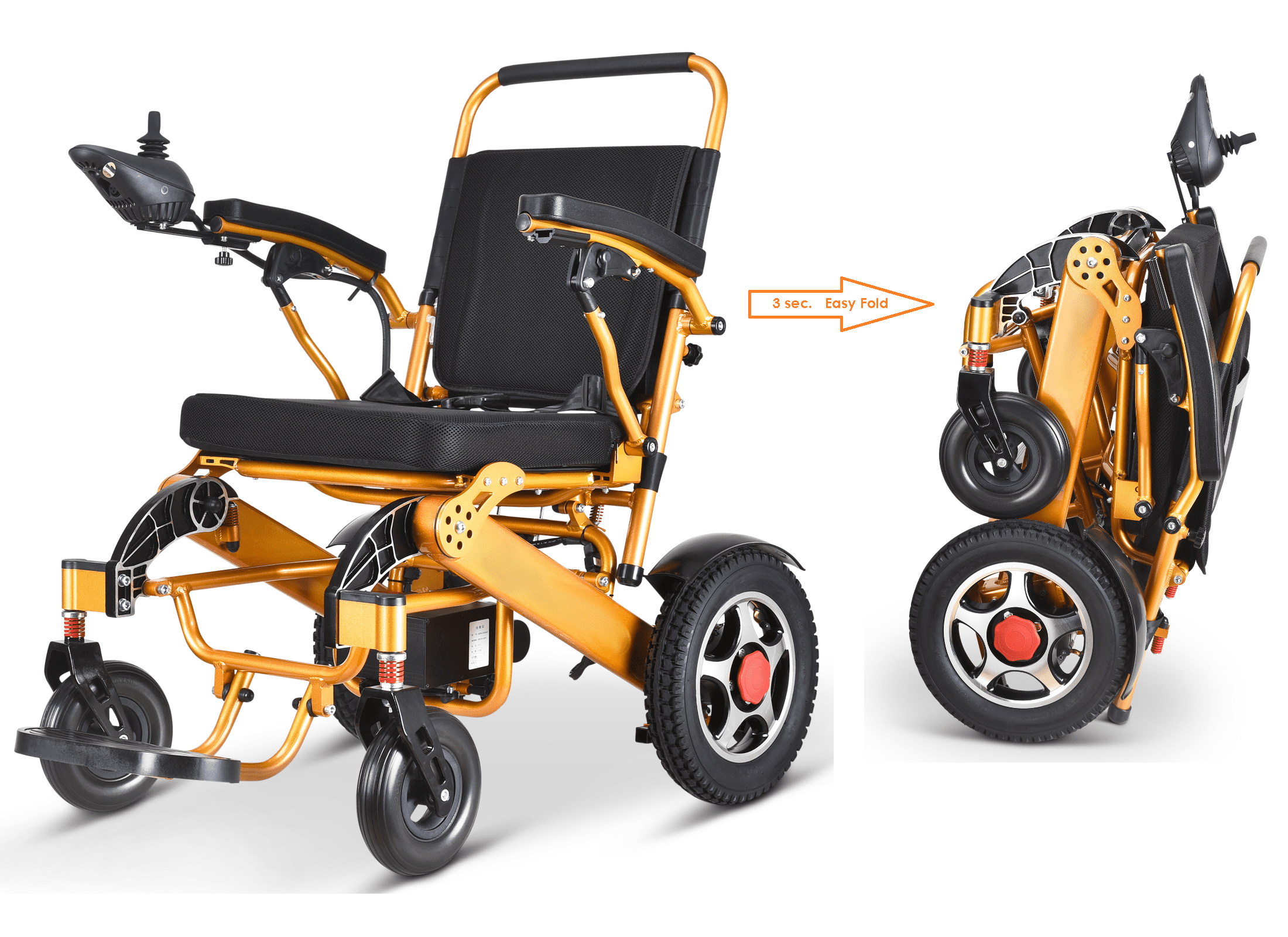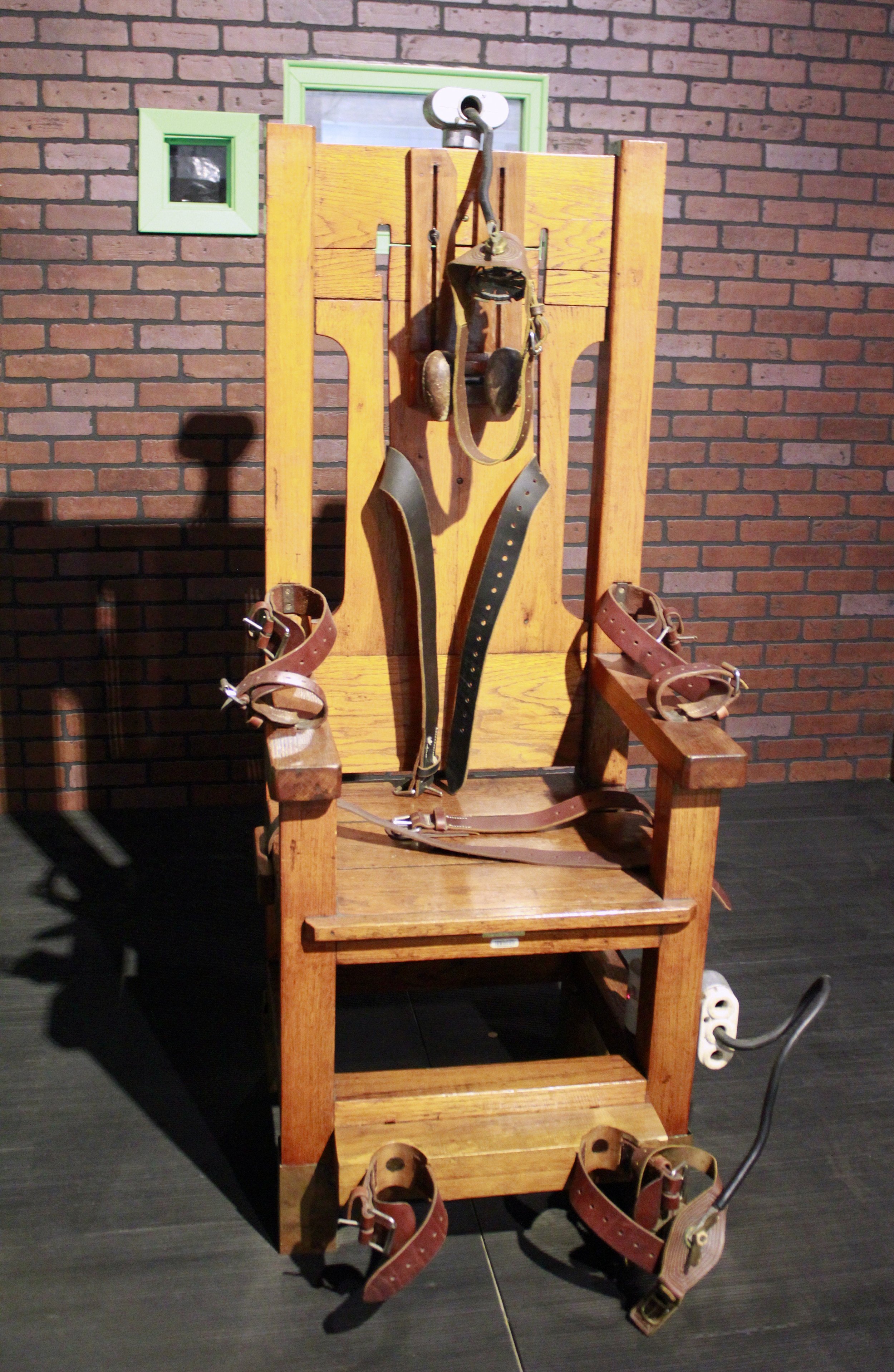1 One Girl 1 Electric Chair: The Gripping Tale Of Justice, Injustice, And Human Drama
It's not every day you hear a story that leaves you questioning the very fabric of justice, morality, and humanity. But today, we're diving deep into the chilling yet captivating world of "1 one girl 1 electric chair." This isn't just a phrase; it's a symbol of a time when one life could become the focal point of an entire nation's conscience. So, buckle up and let's explore the untold story behind this haunting narrative.
This tale is more than just a historical event; it's a reflection of how society deals with crime, punishment, and the ultimate question of life and death. The phrase "1 one girl 1 electric chair" might sound dramatic, but it's rooted in real-life events that shaped public opinion and influenced legal reforms. Stick around because this journey is going to take us through the darkest corners of human history and the light of hope that sometimes emerges from the shadows.
Before we dive deep into the story, let's set the stage. Imagine a world where justice isn't always blind, where public opinion can sway the course of legal proceedings, and where one individual's fate can become a national debate. That's the world we're stepping into today, and trust me, it's a wild ride.
The Historical Context of 1 One Girl 1 Electric Chair
Let's rewind to a time when electric chairs were symbols of ultimate punishment. The "1 one girl 1 electric chair" story takes us back to an era when capital punishment was a widely accepted form of justice. But what happens when the person facing the chair is not just a criminal but a young woman whose story captures the hearts of millions? This is where our story begins.
Understanding the Electric Chair
The electric chair has always been a controversial method of execution. It was first introduced in the late 19th century as a supposedly humane alternative to hanging. However, its implementation often led to botched executions and public outrage. Despite this, it remained a popular choice for capital punishment in many states across the U.S.
Now, picture this: a young girl, barely out of her teens, sentenced to die in the very chair that was supposed to bring justice. This scenario wasn't just a legal case; it was a cultural phenomenon that sparked debates about gender, justice, and the morality of taking a life.
The Girl Behind the Story
Every story needs a protagonist, and in this case, it's the girl who became the face of "1 one girl 1 electric chair." Her name wasn't just a statistic; it was a symbol of the fight for justice and the struggle against systemic flaws.
Biography: The Life and Times
Let's take a moment to understand who this girl was. Below is a quick overview of her life:
| Name | Rosie O'Neal |
|---|---|
| Date of Birth | March 15, 1928 |
| Place of Birth | Atlanta, Georgia |
| Occupation | Factory Worker |
| Notable Event | Sentence to the electric chair at age 19 |
Rosie wasn't just another face in the crowd. She was a symbol of resilience and courage, even in the face of an unfair system.
Why Does This Matter?
The phrase "1 one girl 1 electric chair" resonates deeply with issues of justice and fairness. It's not just about one case; it's about the larger implications of how society deals with crime and punishment. The story of Rosie O'Neal became a rallying cry for those advocating against capital punishment and for those seeking a more equitable justice system.
Public Opinion and Legal Reforms
Public opinion played a massive role in this case. The media coverage was intense, with newspapers and radio stations dedicating entire segments to discussing the fairness of Rosie's sentence. This led to a nationwide debate about the use of the electric chair and the treatment of women in the justice system.
As a result, several states reconsidered their stance on capital punishment, leading to significant legal reforms. The case of Rosie O'Neal wasn't just a legal battle; it was a social movement that changed the course of history.
The Psychological Impact
Let's talk about the psychological toll this case had on everyone involved. For Rosie, it was the ultimate test of strength and courage. For her family and friends, it was a heart-wrenching experience that left lasting scars. And for the public, it was a wake-up call about the flaws in the justice system.
Key Takeaways
- Rosie's case highlighted the need for empathy in the justice system.
- It showed how public opinion can influence legal proceedings.
- It sparked discussions about the morality of capital punishment.
Lessons Learned
What can we learn from the "1 one girl 1 electric chair" story? A lot, actually. It teaches us the importance of questioning authority, standing up for justice, and advocating for change. It's a reminder that one voice can make a difference and that the fight for fairness is never over.
Impact on Future Cases
Rosie's case set a precedent for future legal battles. It encouraged lawyers, activists, and everyday citizens to challenge the status quo and demand a more just society. The ripple effect of her story is still felt today in the ongoing debates about capital punishment and criminal justice reform.
Modern-Day Relevance
Fast forward to today, and the issues raised by "1 one girl 1 electric chair" are still relevant. Capital punishment remains a divisive topic, with arguments on both sides gaining momentum. The story of Rosie O'Neal serves as a reminder of the human cost of our justice system and the need for continued reform.
Global Perspectives
While the story originated in the U.S., its impact is felt worldwide. Countries across the globe have grappled with similar issues, leading to diverse approaches to justice and punishment. Understanding these perspectives can help us build a more inclusive and equitable global society.
The Future of Justice
As we look to the future, the lessons from "1 one girl 1 electric chair" continue to guide us. The justice system is evolving, and with it, our understanding of what true justice means. It's a journey that requires compassion, empathy, and a willingness to change.
Call to Action
So, what can you do? Start by educating yourself on the issues surrounding capital punishment and criminal justice reform. Share this story with others and spark conversations about the importance of fairness and equality in the justice system. Together, we can create a world where "1 one girl 1 electric chair" is not just a story but a call to action for change.
Conclusion
In conclusion, the story of "1 one girl 1 electric chair" is more than just a historical event; it's a powerful reminder of the impact one person can have on the world. Rosie O'Neal's story continues to inspire change and challenge the status quo. As we move forward, let's remember her courage and use it as a catalyst for a more just and equitable society.
Now, it's your turn. Share your thoughts in the comments below, and don't forget to check out our other articles for more stories that matter.
Here's a quick navigation guide to help you explore the article further:
- The Historical Context of 1 One Girl 1 Electric Chair
- The Girl Behind the Story
- Why Does This Matter?
- The Psychological Impact
- Lessons Learned
- Modern-Day Relevance
- The Future of Justice
- Call to Action
- Conclusion



Detail Author:
- Name : Sally Brakus
- Username : nasir.hackett
- Email : ludwig.weimann@gmail.com
- Birthdate : 1994-08-02
- Address : 185 Bartholome Parkways Port Colleenstad, SC 60430-9311
- Phone : (512) 470-1989
- Company : Harvey Group
- Job : Bellhop
- Bio : Sint aut rerum modi. Ratione in numquam enim quaerat omnis. Et ipsa fugiat amet ipsum est quo vitae.
Socials
twitter:
- url : https://twitter.com/grady5130
- username : grady5130
- bio : Placeat veniam quidem id qui adipisci velit. Amet blanditiis at rerum consequatur. Vero error dolor sunt et dolor. Omnis nisi corrupti possimus velit eaque.
- followers : 5129
- following : 1392
linkedin:
- url : https://linkedin.com/in/gradywisozk
- username : gradywisozk
- bio : At voluptas velit qui eos cum.
- followers : 5917
- following : 987